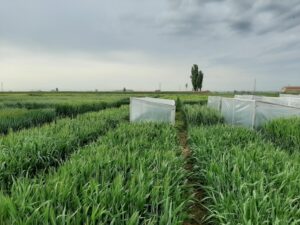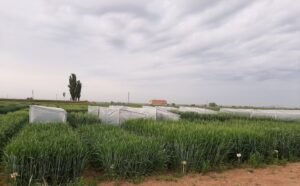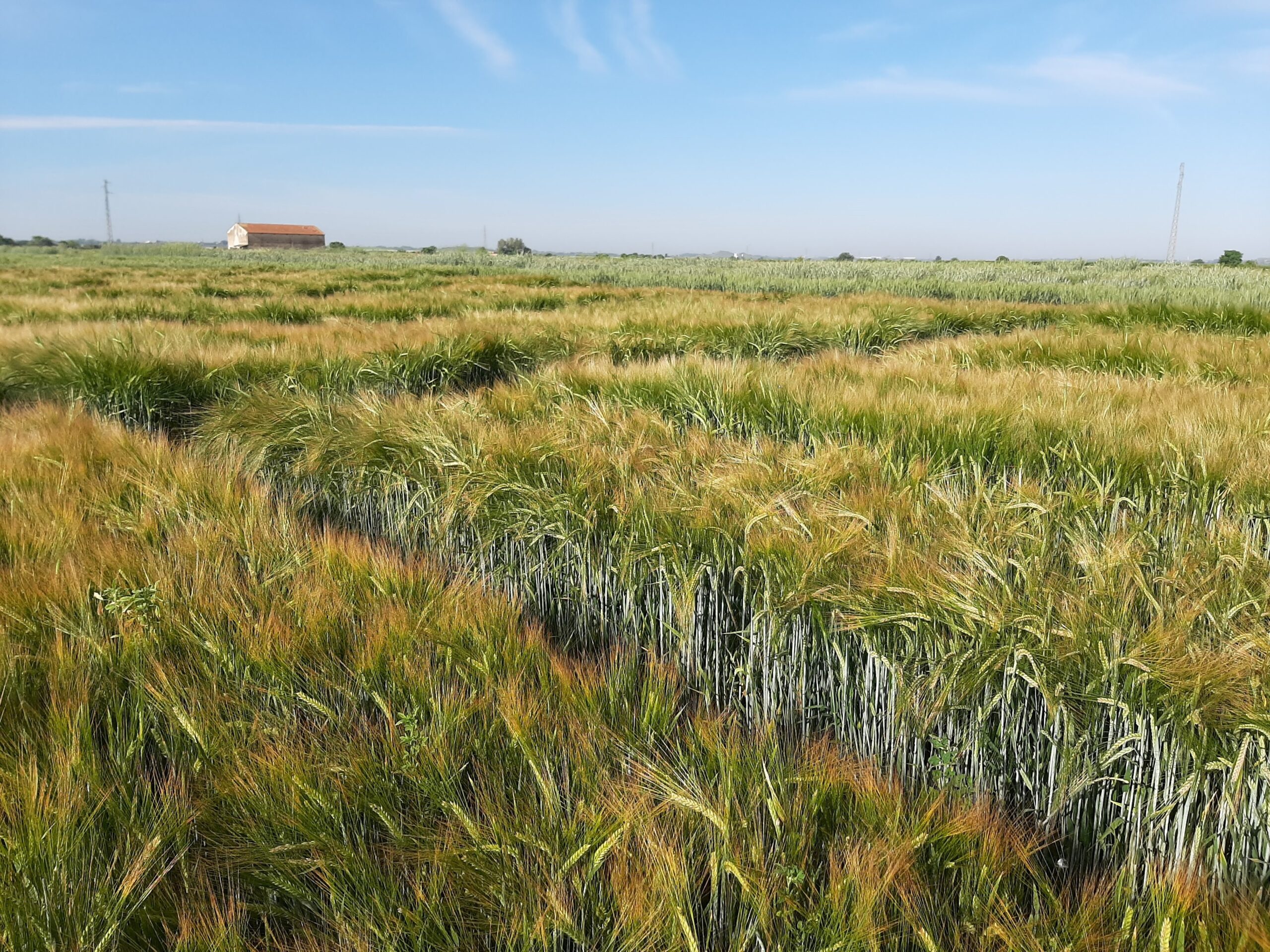- This is a collaborative project with the companies La Moravia (Damm group), Semillas Batlle and Cupasa, and is financed by the Department of Agriculture, Livestock and Fisheries of the Generalitat de Catalunya
- The aim is to improve the malting barley value chain and select varieties that are better adapted to these meteorological episodes, which are becoming more and more frequent.

The CERCA Agrotecnio center coordinates the project ‘Improving the resilience of barley and malt to heat stress and pre-harvest sprouts (ResOrMa)’, which aims to study how barley and malt crops are affected by two extreme phenomena of short duration that occur as a result of climate change: heat stress and pre-harvest sprouts that occur when there is significant rainfall at the end of the barley crop cycle.
The work aims to improve the malting barley value chain and make it more resistant to these two challenges, which are becoming more frequent and intense. The study will make it possible to select new varieties better adapted to these events, to rethink crop fertilization strategies and also to predict their effects on malt quantity and quality. The knowledge derived from this project will make it possible to generate predictive models of damage to the yield and quality of barley and malt, and to have tools for better planning at all stages of the beer production chain: in variety improvement, crop management and in the agro-industrial process of beer production.
The project is led by three leading companies in the malting barley value chain: Semillas Batlle, CUPASA and La Moravia. The company Semillas Batlle will lead, together with Agrotecnio, the studies that will open up opportunities for genetic improvement to perfect the behavior of the seeds in the face of these two phenomena. The company CUPASA, together with Agrotecnio, will be in charge of the studies to determine how nitrogen fertilization influences grain production when heat stress and pre-harvest sprouting occur. The malting plant La Moravia, part of the Damm group, will lead, together with AGROTECNIO, the studies on the impact on the quality of the grains and the malt derived from them. Finally, the Agrotecnio research center will provide the knowledge, ideas and methodology for the scientific part and the dissemination of the results.
The ResOrMa project is coordinated by Agrotecnio researchers Gustavo Slafer, ICREA research professor and lecturer at the University of Lleida, and Roxana Savin, professor at the UdL. It has a total budget of 307,175.28 €, of which 249,217.68 € are funded by the Department of Agriculture, through the Grants for the implementation of projects of operational groups of the European Association for Innovation in Agricultural Productivity and Sustainability (AEI-*Agri), in the framework of the Strategic Plan of the PEC 2023-2027.
For the development of the study, field experiments will be carried out in two locations in Segrià and Pla d’Urgell and several dissemination activities. The work began in mid-2024 and will continue until May 2026.
https://resorma.agrotecnio.org/






